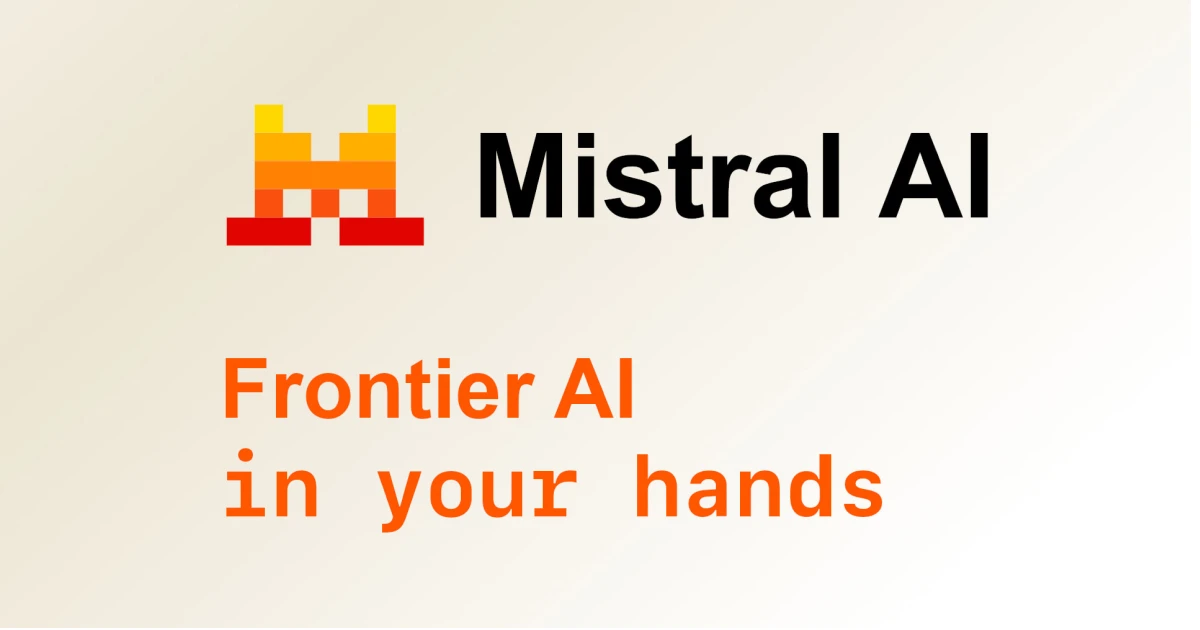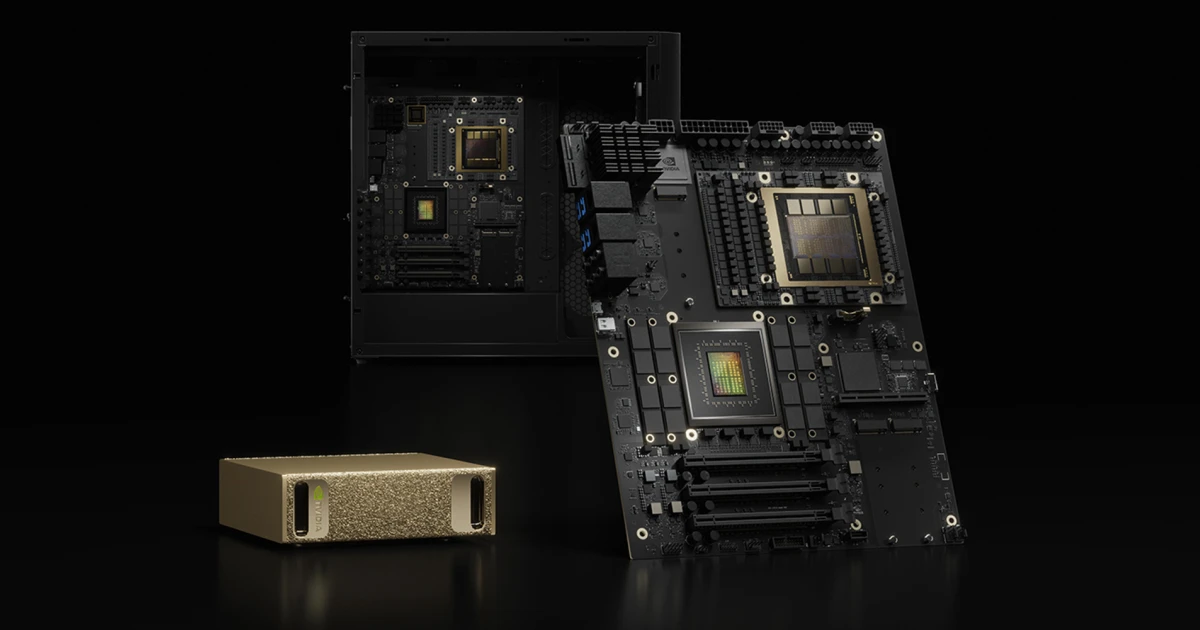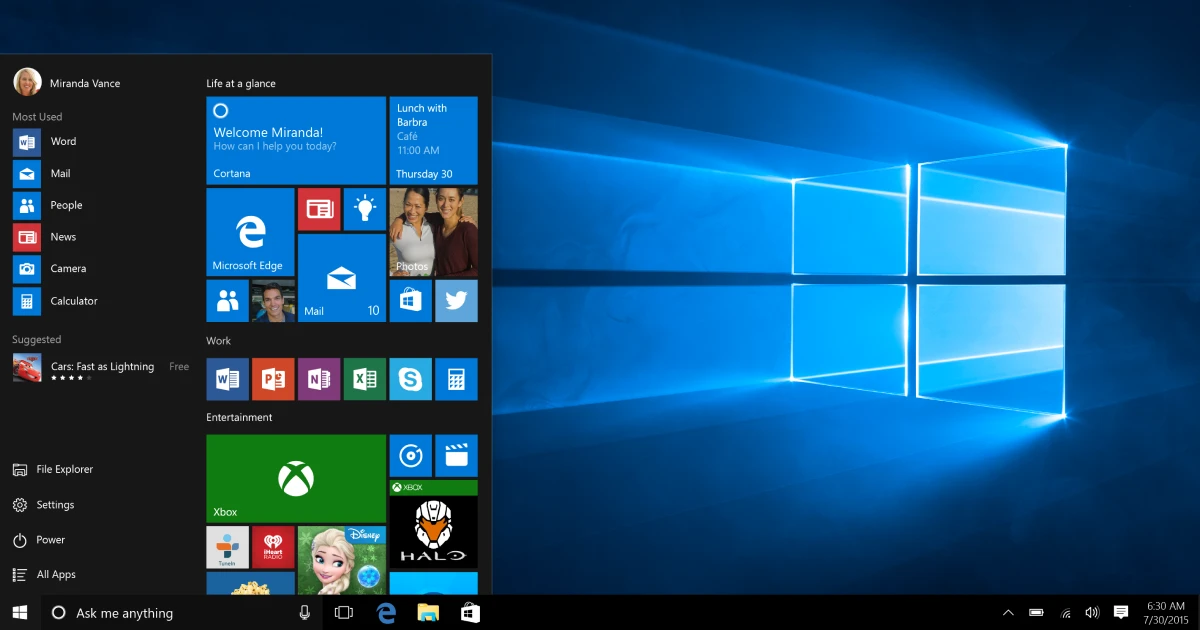AI has the potential to revolutionize the way software is maintained, offering more efficient and effective methods for keeping systems up-to-date and running smoothly. Even more so, AI-driven maintenance can predict potential equipment failure.
Traditionally, software maintenance has been focused on fixing problems as they arise, often through reactive measures. However, with the integration of AI, there is an opportunity to shift towards a more proactive approach known as predictive maintenance.
Predictive maintenance involves data and machine learning algorithms which are used to predict when care is needed and schedule it accordingly. This can prevent costly downtime and extend the lifespan of software systems. It can also reduce the need for manual intervention, as maintenance tasks can be scheduled in advance rather than being reactive to problems.
The use of predictive maintenance is becoming the norm in the software industry, as it provides a proactive solution for ensuring the smooth functioning of software systems.
AI-powered systems can be programmed to identify and fix simple bugs without human intervention, saving time and reducing the risk of human error. Also, with the use of automated tasks, artificial intelligence can optimize maintenance schedules and routes. By analyzing data such as the required location and type of maintenance, AI technology such as an AI chatbot or voice assistant can determine the most efficient way to complete tasks and minimize downtime.
And, let’s be honest! As automation becomes more and more encountered in software maintenance, some tasks will become fully automated. However, other tasks will be enhanced by AI technology. Think about how an AI chatbot or a virtual assistant can analyze data and provide insights to maintenance technicians, helping them make more informed decisions, which can be time-efficient.
On the downside, the same will happen to the jobs in this area where some jobs may be automated completely. For example, an AI chatbot, a voice assistant or conversational AI will probably change the nature of work in the software maintenance industry and the needed skills.
And, maintenance technicians may need a greater understanding of AI and machine learning to effectively utilize these technologies. Also, they may need to have a broader range of skills, such as data analysis and problem-solving, to work effectively with AI technology systems.
As artificial technology is slowly but surely becoming a necessity in the world of maintenance, it may facilitate greater professional collaboration. As AI can analyze data and provide insights to help maintenance technicians work more effectively with developers and other professionals.
And, another advantage is that AI can facilitate communication and collaboration among maintenance technicians working in different locations. AI-powered systems can share data and updates in real time, helping to ensure that maintenance tasks are completed efficiently and effectively.
Note: As we consider the future of AI software maintenance, it is essential to remember that this is still an evolving field. While it is impossible to predict the exact trajectory of AI's impact on the industry, we can make informed guesses based on current trends and developments. This article is a snapshot of the possibilities for the future of AI software maintenance rather than a definitive guide. Regardless of what the future holds, it is clear that AI can revolutionize how software is maintained and support the industry's growth.
However, as AI, conversational AI, and virtual assistants continue to advance, it is clear that it will significantly impact the software maintenance industry. From predictive maintenance to automation and enhanced collaboration, AI can revolutionize the way that maintenance tasks are performed and the skills needed to succeed in the industry.
While there may be challenges and adjustments along the way, the integration of AI in the software maintenance industry is ultimately a positive outcome. And the best part is that it has the potential to significantly improve efficiency and effectiveness.

















